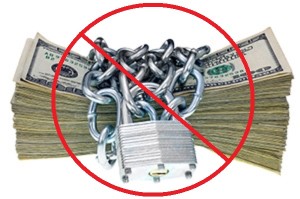In a short and interesting opinion, available here, the Second Circuit held today that (1) a defendant did not waive her right to appeal a restitution order on the ground that it covered conduct outside the statute of limitations period, and (2) that violations of 18 U.S.C. § 641 (embezzlement of government property) are not continuing offenses, rendering the defendant liable for funds embezzled outside the limitations period. See United States v. Green, No. 16-3044 (2d Cir. 2018) (Cabranes, Carney, Goldberg (Ct. Intl. Trade )) (appeal from W.D.N.Y.). The second of these holdings, concerning the scope of § 641, creates a circuit split.
The defendant in Green was charged under § 641 for drawing money out of a joint bank account between 2009 and 2011 in amounts similar to those of VA payments to her deceased mother that went into the account. She pled guilty, and …

